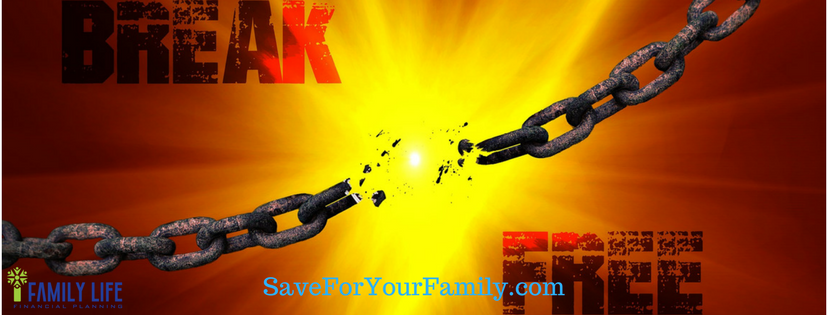
I’m never one to hold back on my opinion, and student loan refinance companies are one of those areas I have a strong belief. These companies selling student loan refinance should be required to pay back the tens of thousands of dollars in damage they are doing.
It wasn’t long ago I heard a story of a teacher that refinanced her loans. She sat down with a friend of mine to get some guidance and was devastated to find out she missed out on forgiveness because she was told refinancing was a good idea. This lender got a new client. The loan officer, presumably, got a commission. The teacher lost thousands of dollars.
NOT JUST ADVICE FOR FORGIVENESS
This advice is not just for people trying to get forgiveness of their student loans. This advice to avoid student loan refinancing is for anyone that has federal student loans. While student loans are terrible, they do have some safety nets.
Taking advantage of these safety nets when needed can be critical to avoiding a financial nightmare. They are similar to have an emergency fund, and insurance policy put aside to care for this one debt.
PRIORITIZING YOUR FINANCES
Having these safety nets in place allows you to prioritize your finances in a very powerful way. It will enable you to knock out financial goals that you may not be able to if an emergency happens — things like paying off credit cards, car loans and making 401k contributions.
WHAT ARE THESE SAFETY NETS?
Income-Driven Repayments
The most useful of these safety nets is the ability to adjust your payments to your income relative to your family size. Income-driven repayment is excellent during a job loss or health problem, even during a leave of absence for the birth of a child.
When anything happens that will decrease your income, see if you qualify for income-driven repayment. Once you certify your income, it lasts for one year and can even eliminate payments if your income drops enough.
Taking your federal loans to a private lender prevents you from having this very powerful feature. In a family emergency, this can be a few hundred dollars in monthly savings.
Total and Permanent Disability Discharge
If you have a short term illness or disability, you can use income driven repayments to get you through, but if you have a permanent disability, you can have your loans discharged. There are a few guidelines, but generally speaking, if you receive Social Security disability benefits, military disability benefits or are declared premaritally disabled by a doctor you can have your loans completely discharged.
Hopefully, this never happens to you, but it is good to know it is there.
Discharge Due to Death
I’ve used this one for clients. A few years ago I worked with a widowed retiree who was paying over $400 a month on her husband’s student loans. Her husband had passed away a few months back, and she continued paying them. Her daughter, my client, recommended we meet. In about 20 minutes she had all the information needed to make the loans go away.
Now, to be honest, state laws may make this a wash because in many states a spouse is not responsible for the debt of a deceased spouse unless the widow had also signed on the loan.
However, this offers more protection because federal loans will not come after the estate while a private loan will attempt to.
One other significant advantage come in the form of Parent Plus loans. If the parent (borrower) dies, the loan goes away. They also will be discharged if the student dies.
In both disability and death, the discharged loan amount is taxable — the same thing with most loan forgiveness programs. No one wants to pay taxes, but 20% of $30,000 is better than $30,000.
WHAT ABOUT THE LOWER INTEREST RATE?
Sometimes you are offered a lower interest rate with a private lender. The lower interest rate is their only real selling point. Even the interest rate savings aren’t sufficient to offset these benefits.
For example, you could move to a private loan and buy a life insurance policy to cover the loan amount. Many times the policy is more expensive than the interest rate savings.
An emergency fund could offset the income-based repayment safety net, but with the average student loan being over $30,000 you would need $2500 set aside to cover six months of payments.
WHEN SHOULD YOU REFINANCE?
Never refinance your student loans if you work for a non-profit or at any level of government. Even doctors and lawyers can qualify for loan forgiveness so please make sure you will not be eligible before refinancing.
Generally, I only recommend refinancing when you have:
Substantial household income
Property life and disability insurance
An emergency fund of 6 months of living expenses
Refinancing will allow you to pay off your loans in less than five years
Contact me today to create a customized student loan plan.

For informational purposes only. It is important to consult a professional before implementing any strategies or ideas.
